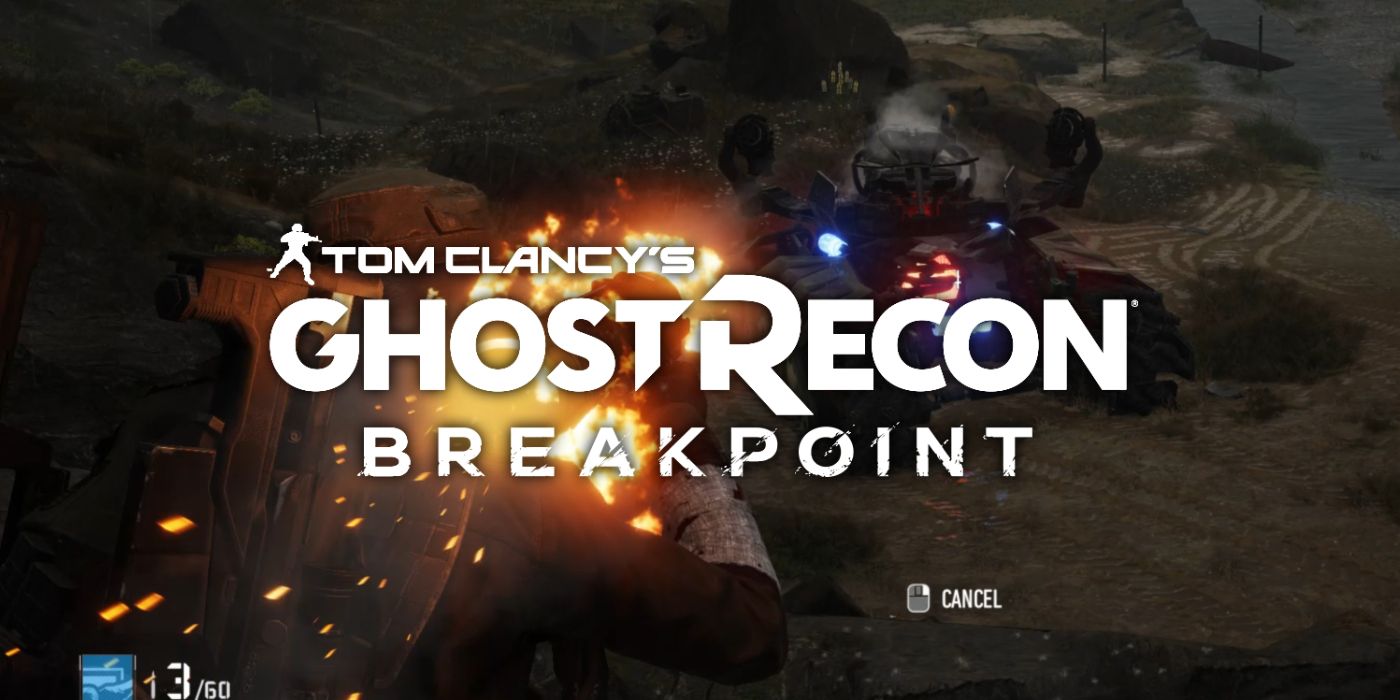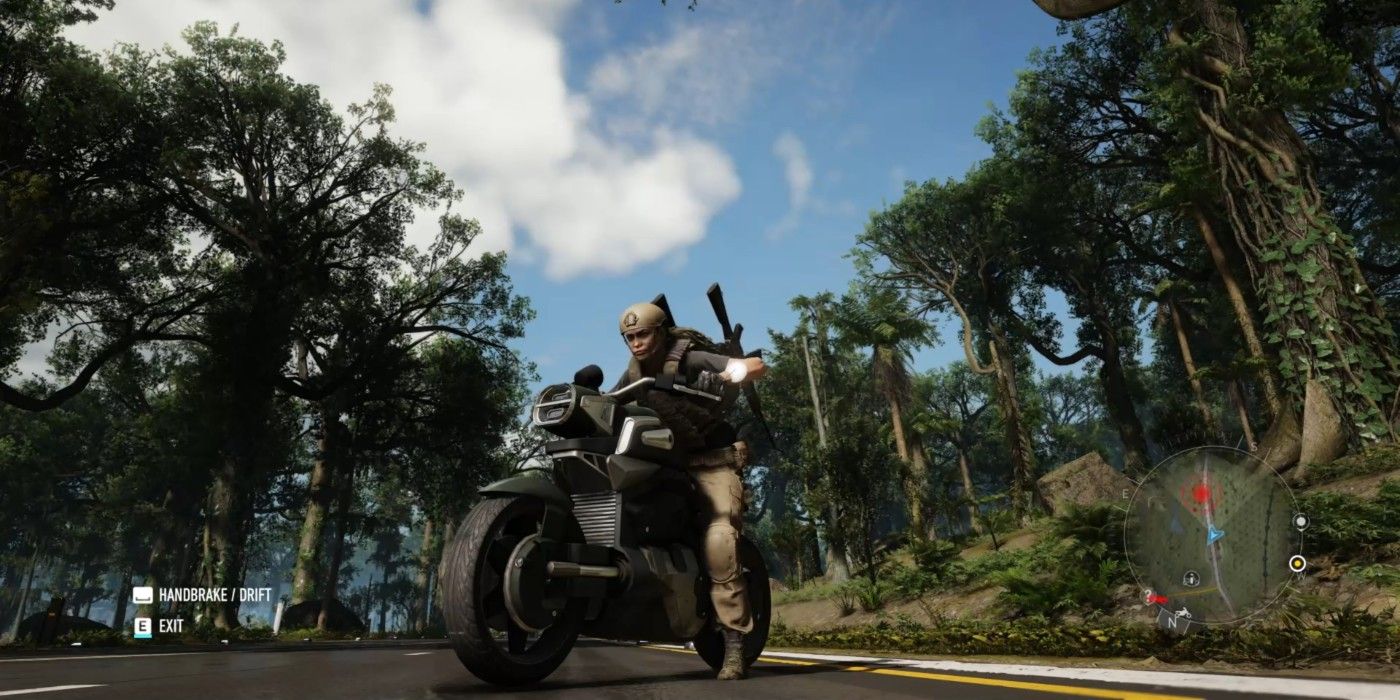Ghost Recon Breakpoint was disappointing for everyone involved: gamers aren't happy with what they got and Ubisoft isn't happy with how it performed. Unfortunately, the publisher has gone a step further and implied it was the players' faults for their latest game's failure, or at least the structure that led to it.
Before its release, Ghost Recon Breakpoint was the highly anticipated sequel to the middling Ghost Recon Wildlands, a game that sought to reboot the Ghost Recon franchise in an open world. With the addition of Jon Bernthal's star power, Ghost Recon Breakpoint promised to build on the foundation of Wildlands and improve on its flaws, delivering an exciting AAA experience. In reality, the game was a massive letdown, with reviewers criticizing its disjointed gameplay elements and microtransactions. Among the worst offenders were "time savers" in the game's store that gamers saw as giving an advantage to those willing to pay for it.
Recently, Ubisoft CEO Yves Guillemot defended the monetization model in Ghost Recon Breakpoint, saying "we have no pay-to-win elements in our games," and that Breakpoint's model was designed by taking cues from the success Ghost Recon Wildlands enjoyed with its store. Guillemot added that the model "came from the fact that players were spending time in the store and buying things in Wildlands, and our teams thought they could give them the opportunity to have more choice." Despite Guillemot's comments, the game does have pay-to-win elements. Everything is for sale in Ghost Recon Breakpoint, from guns to their attachments to vehicles and more, and if a game includes the ability to buy a better weapon or vehicle, that game is pay-to-win. Though, the ability to buy those items is not as egregious as the entire recently-removed Time Savers section, which sold experience point boosts and skill points that effectively removed the whole point of playing the game.
However, the option to not pay for the items is not much of an option at all. There is no version of Breakpoint where the grind can be turned off or adjusted. Players cannot turn off the store; character progression rates and game balancing are all set by Ubisoft. Gamers didn't have much choice in Wildlands either - if players felt the need to pay for items, then it's likely because they felt they weren't progressing quickly enough. According to Guillemot, Ubisoft tried to give players more of what they wanted, and to be fair, when players are spending money in a game's store, how could Ubisoft see it any other way?
But Ghost Recon Breakpoint's issues aren't all down to its store. Guillemot conveniently ignores the fact that gamers don't want to play a boring game and that there are better options out there. Gamers aren't forced to pay for those microtransactions, true. At least, not yet. But as seen previously with titles like Battlefront 2, which went too far in incentivizing players to buy those optional features to the point that "option" became "necessity," having things like Time Savers is a slippery slope, and placing blame on players' while backtracking and declaring good intentions is slipperier still. If Ubisoft and other companies are choosing to interpret the data the way they've shown, then it's time for consumers to stop participating and being complicit in awful microtransaction models.
Ghost Recon Breakpoint is out now for Ps4, Xbox One, and PC
Source: Ubisoft (via PlayStation Lifestyle)


